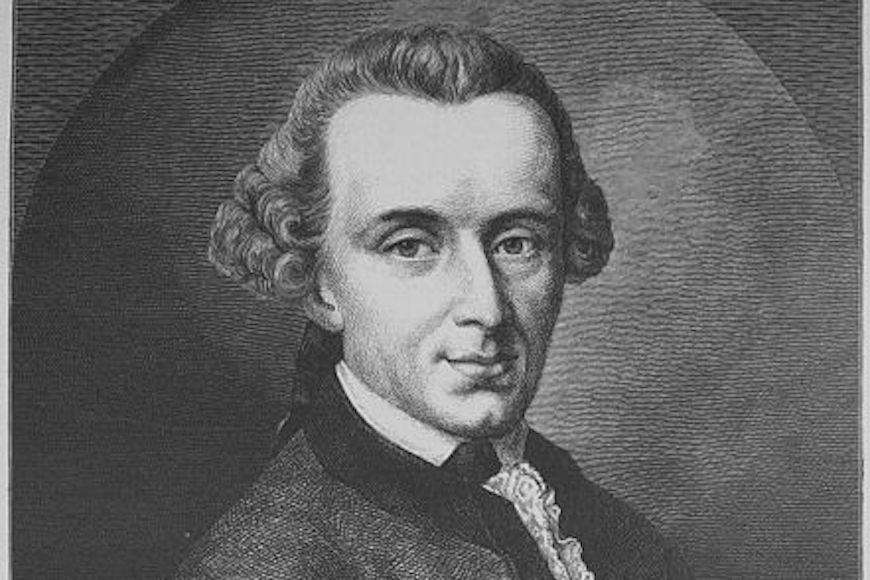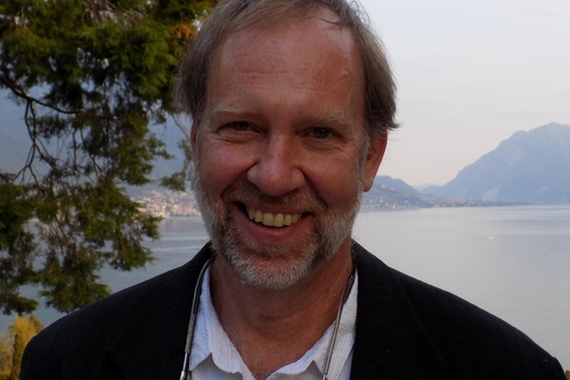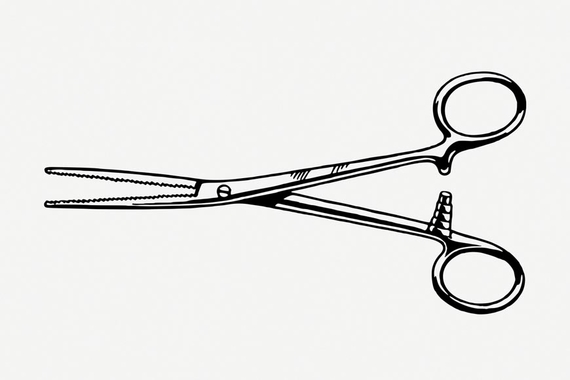Kant: A Polymath of Modern Thought
Philosopher Immanuel Kant is often regarded as one of the greatest thinkers of all time. As a household name and regular butt of philosophy jokes, you might think that more people would have some familiarity with his work. Yet Kant’s brilliantly built systems continue to divide and confuse great minds today.
Immanuel Kant was born in 1724 in Königsberg, Prussia. As the youngest of nine children, he had few opportunities at home until a local pastor saw the potential in him and paid for him to get an education. At university he studied theology before becoming obsessed with mathematics and physics. But before he finished, his father passed away, and he was forced to withdraw from school to take care of his family.
After working as a tutor for the wealthy to make ends meet, Kant was finally able to return to school at the University of Königsberg and acquire his doctorate in philosophy. For the next several years, he worked as a full-time lecturer and quickly became a figure of the town. As the host of regular dinner parties, Kant and all his quirks were well known by the townsfolk; legends have said he was so buried in routine that locals set their clocks based on when Kant went for his daily walks. That said, he spent a great deal of time in the privacy of his home, refining his philosophical theories and later publishing some of the most important works western philosophy has ever seen.
Although his writing was published in the 18th century, Kant’s systems continue to influence and confound modern thinkers. Many philosophers dedicate their entire scholarly careers to understanding, organizing, and applying his work. Here, three modern academics apply themselves to not only understanding but also reinterpreting Kant’s work in the context of modern-day issues.
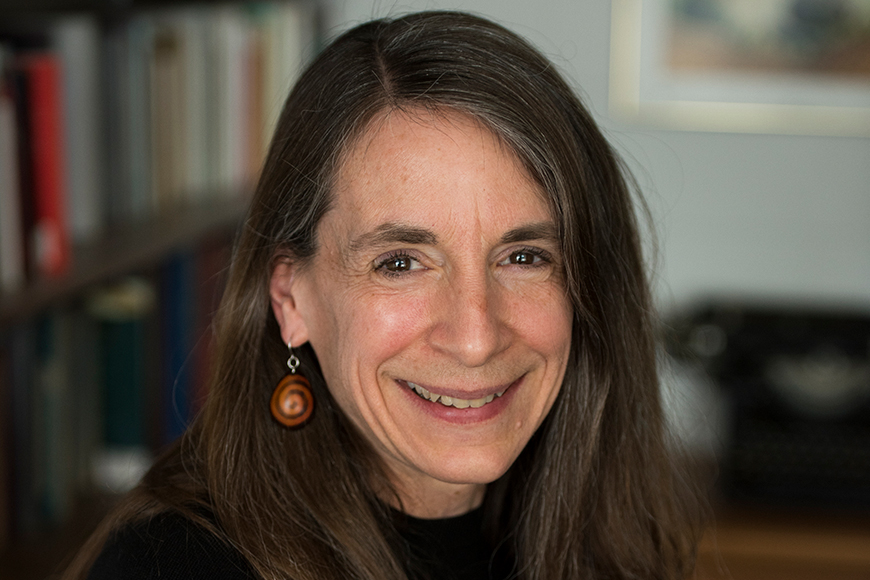
Kant’s Theory of Justice
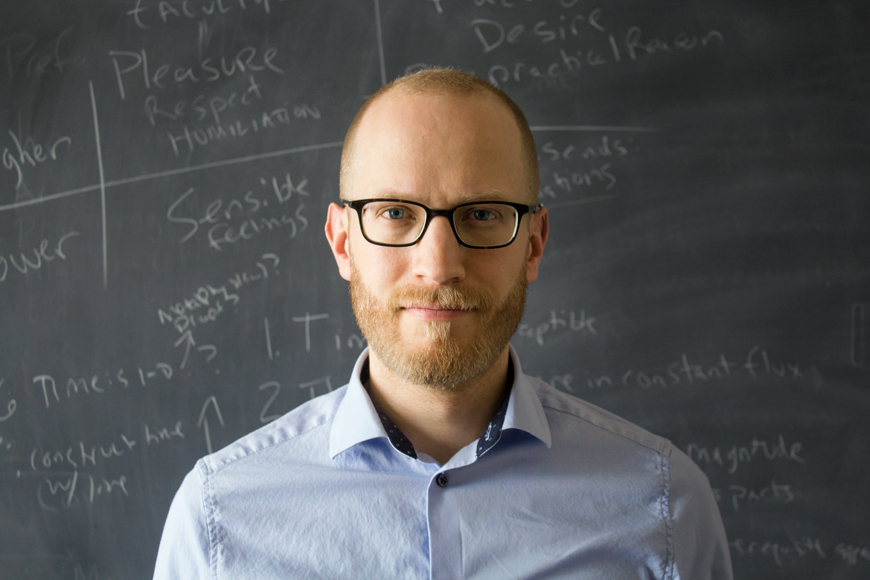
Kant on Chemistry and the Inexact Sciences
Scientific fields such as chemistry, psychology, anthropology, and biology are deeply interwoven in countless complex ways. Philosophy professor Bennett McNulty looks at these disciplines through the lens of Immanuel Kant’s writings to better understand how these “inexact sciences” relate to each other and to our investigation of the empirical world.
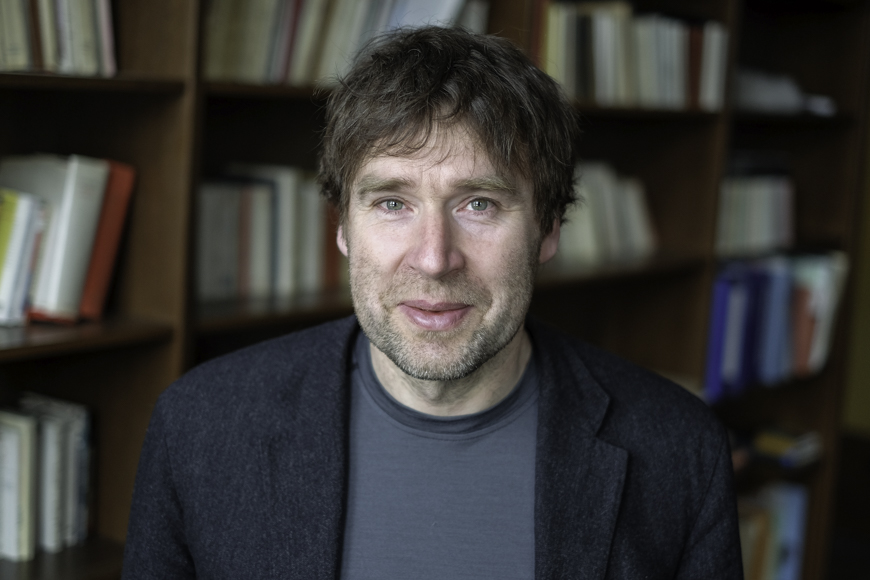
The Politics of Kant’s Failures
Philosopher Immanuel Kant’s work delves deep into the concept of freedom in both his moral and political philosophies—so what does a Kant scholar do when these treatments of freedom don’t quite seem to line up? Professor Matthias Rothe explains how inconsistencies in Kant’s work must be understood in a broader historical, social, and political context.
This story was written by an undergraduate student account executive in CLAgency. Meet the team.
